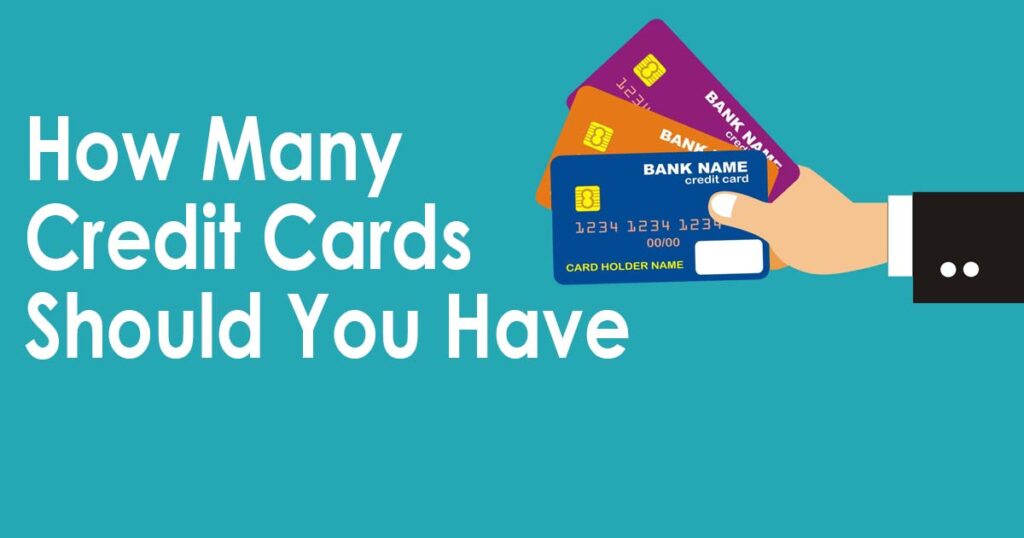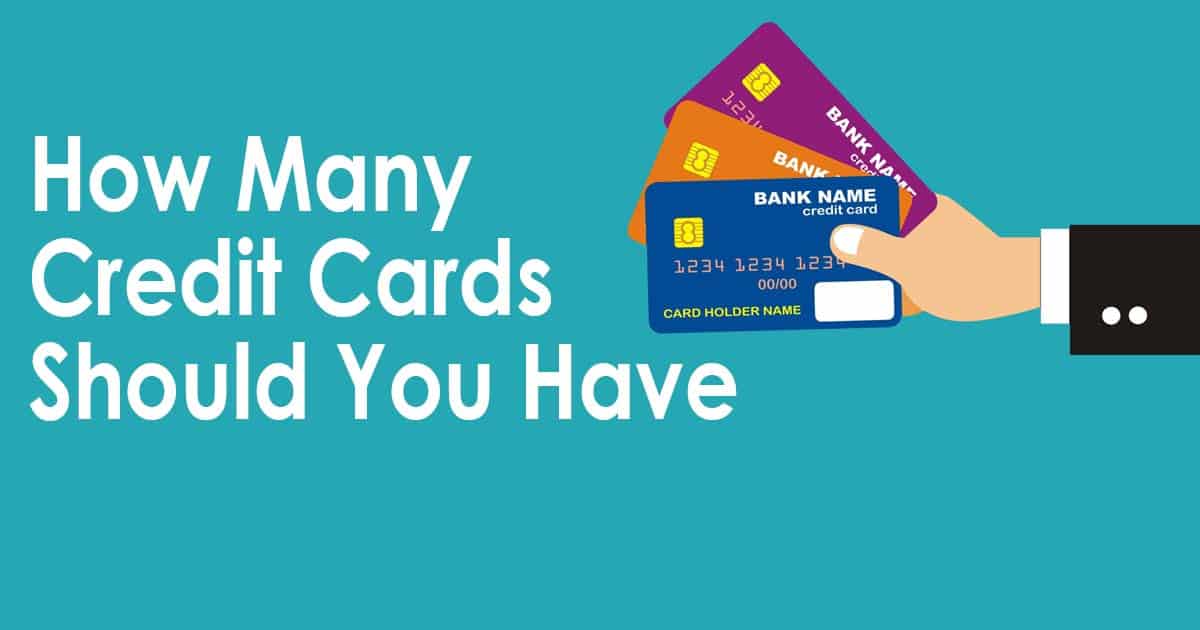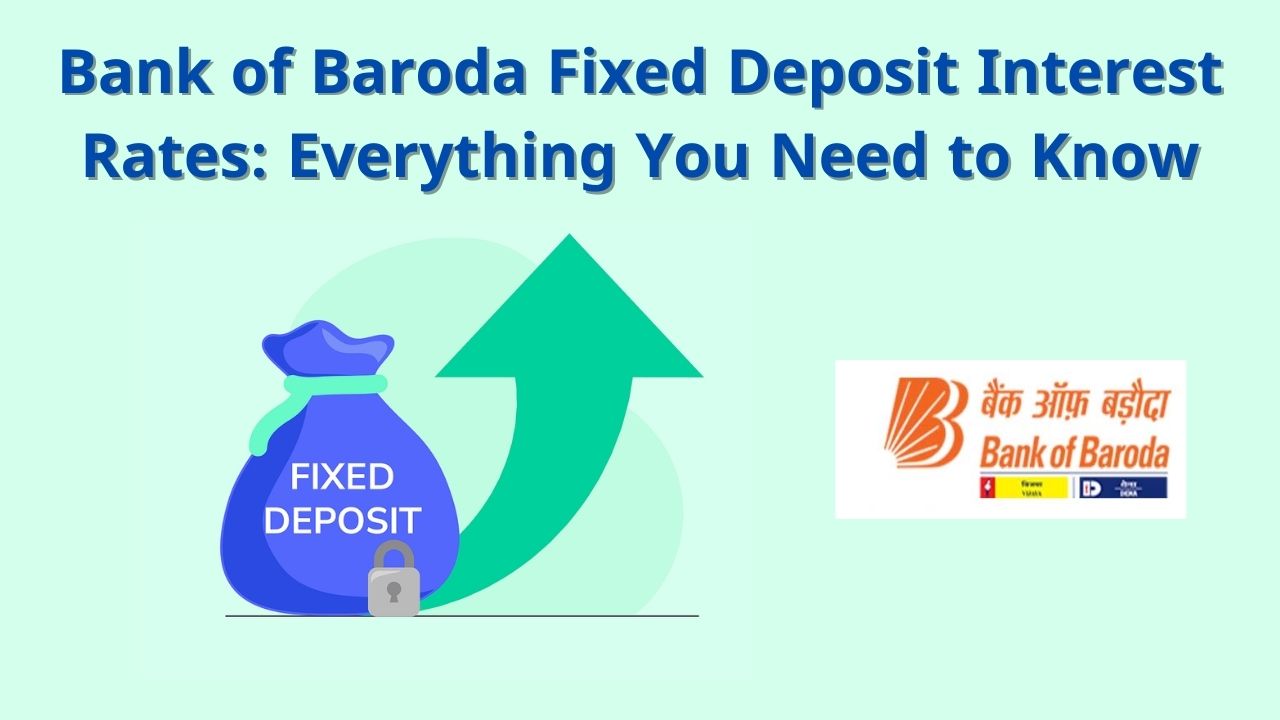Our credit card options are as diverse as our needs and desires. There are cards that offer rewards for traveling, filling up your car, shopping online, purchasing airline tickets, going grocery shopping offline, and more. It feels great to open a wallet full of credit cards that cater to your preferences and bring you benefits.
However, it is important to be responsible with credit card usage and to only apply for cards that align with your financial goals and budget. Having too many credit cards can also negatively impact your credit score.
There is no universal standard number that can be prescribed for everyone. The usage, ability to repay, and promptness of repayments are all factors that determine whether someone holds a credit card. While another person who holds 4-5 cards may be on time with all of their payments, it is possible for someone with just one card to default on their payments.
Benefits of Having Several Credit Cards
- Having several credit cards gives you more flexibility and convenience.
- Having multiple credit cards can be beneficial when one of your cards has a lower credit limit.
- If the billing cycles for your cards are different, you may be able to get a longer period of interest-free credit.
- Different credit cards can accrue bonuses, points, or cash back for purchases that may be advantageous to you.
- Holding multiple cards may enable you to access airport lounges numerous times as many cards have a limited number of access points.
- Having several cards could raise your credit score. Your credit score is significantly influenced by your credit utilisation ratio. Your credit utilisation ratio will stay low if you have multiple cards and spread your spending among them. credit card score will stay high with a lower credit utilisation ratio.
You may be establishing yourself as a person with good credit habits if you pay your credit card bills on time and in full each time. As a result, your credit score will rise.
The Negative Effects of Having Several Credit Cards
You have a tendency to overspend more when you have more credit cards. You are more likely to exceed your budget than not. It might be challenging to monitor your credit card spending. With numerous cards to manage, it is also simpler to lose track of due dates and amounts. When you have many cards, it can be challenging to deal with physical card loss because you have to notify numerous issuers and keep track of any unauthorised transactions.
Credit card debt is the most expensive type of debt, typically carrying an interest rate of 30–40%. Entering a debt spiral negatively affects your financial situation. Your credit mix, which refers to the proportion of secured and unsecured loans in your credit portfolio, significantly influences your credit score.
What Is The Best Number For You?
As we previously stated, there is no formula that can determine the ideal number of cards for any specific person. The benefits and drawbacks of holding multiple cards have been discussed. Having several credit cards seems to have many benefits. However, it is a good idea to assess your need for multiple credit cards before applying for any of them.
How Do You Determine Whether You Need Multiple Cards?
Customization is the focus of the day, with cards tailored for each aspect of consumption. However, having a card for each purpose doesn’t necessarily make it possible or practical for a person to hold multiple cards.
Examine Your Current Spend:
Examine your spending habits by bringing out a few of your credit card statements. What are your main spending categories? Are you a frequent traveller? Spend a lot of money on movies and other similar activities? Do you eat at restaurants often? Are you a small business owner or freelancer who must separate your personal and professional expenses?
Check to see if your current card rewards you well for those transactions after you analyse your spending. Some reward cards provide rewards or cashback on all kinds of purchases. There may not be a need to apply for a different card just to earn rewards or points if you already have such a card.
You might think about looking around for cards that give offers or benefits on your category of spends if your current card is fairly stingy with rewards on those purchases. Again, there are additional considerations like joining fees, annual fees, or any minimum spending requirements to qualify for those benefits or rewards. It might be a good idea to stick with your current card if you have to pay more to receive those benefits.
Examine Your Credit Utilization Ratio:
Each credit card has a credit limit that is set by the card issuer based on your income, other debts you have, and credit score. In contrast, your credit utilisation ratio is the proportion between the amount you spend on that card and the total credit limit.
Credit score is significantly influenced by your credit utilisation ratio. A credit utilisation ratio should ideally be between 30 and 40%. A consistently high credit utilisation ratio reveals that you are a credit-hungry individual.
If you analyse your spending habits and discover that you fall into the category of high spenders or have a credit utilisation ratio that is higher than recommended, you should consider applying for multiple cards. However, take your time when making this choice. Try to analyse your spending and, if possible, try to reduce it.
Having several cards may make it easier for you to spread out your purchases so that each of them has a lower credit utilisation ratio. You might raise your credit score as a result of this.








